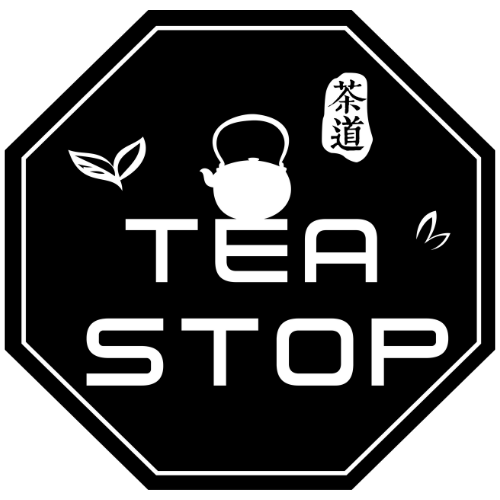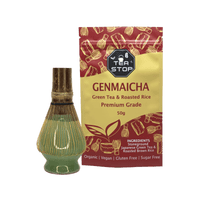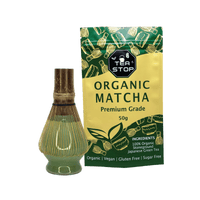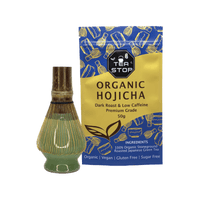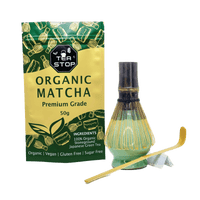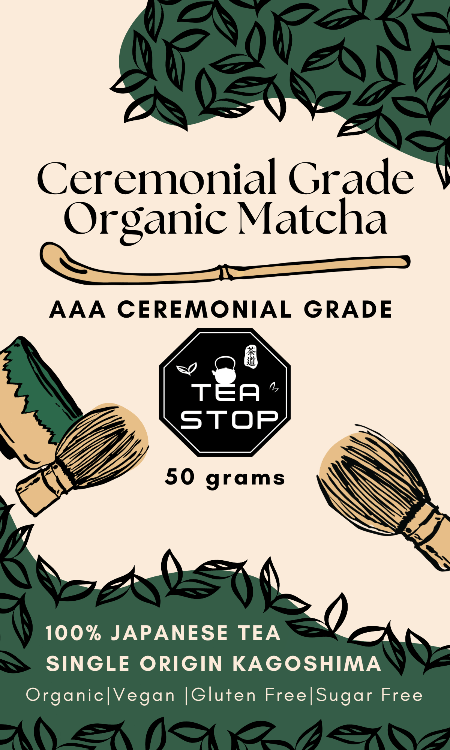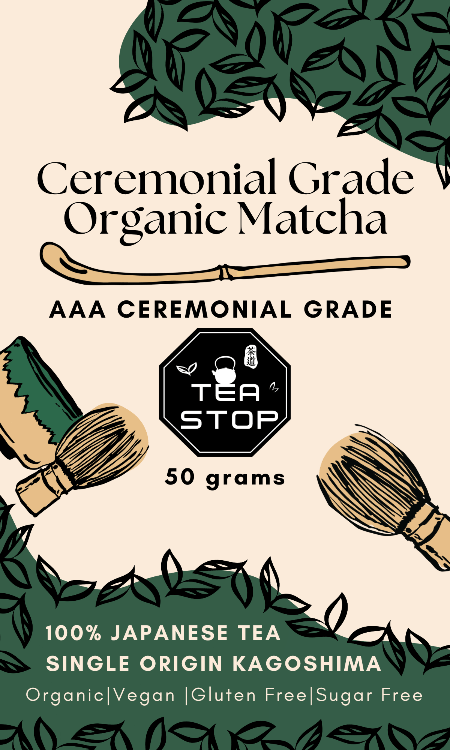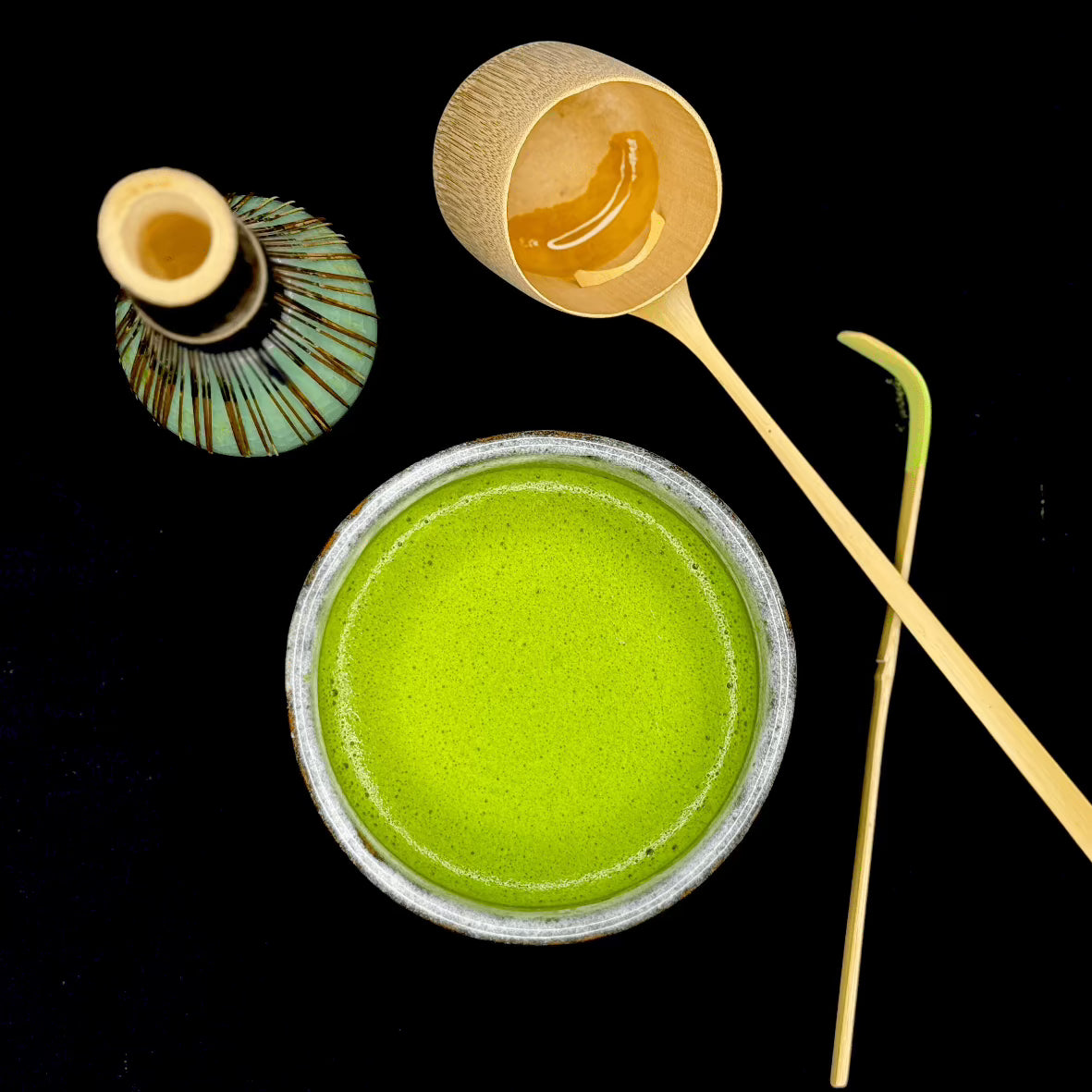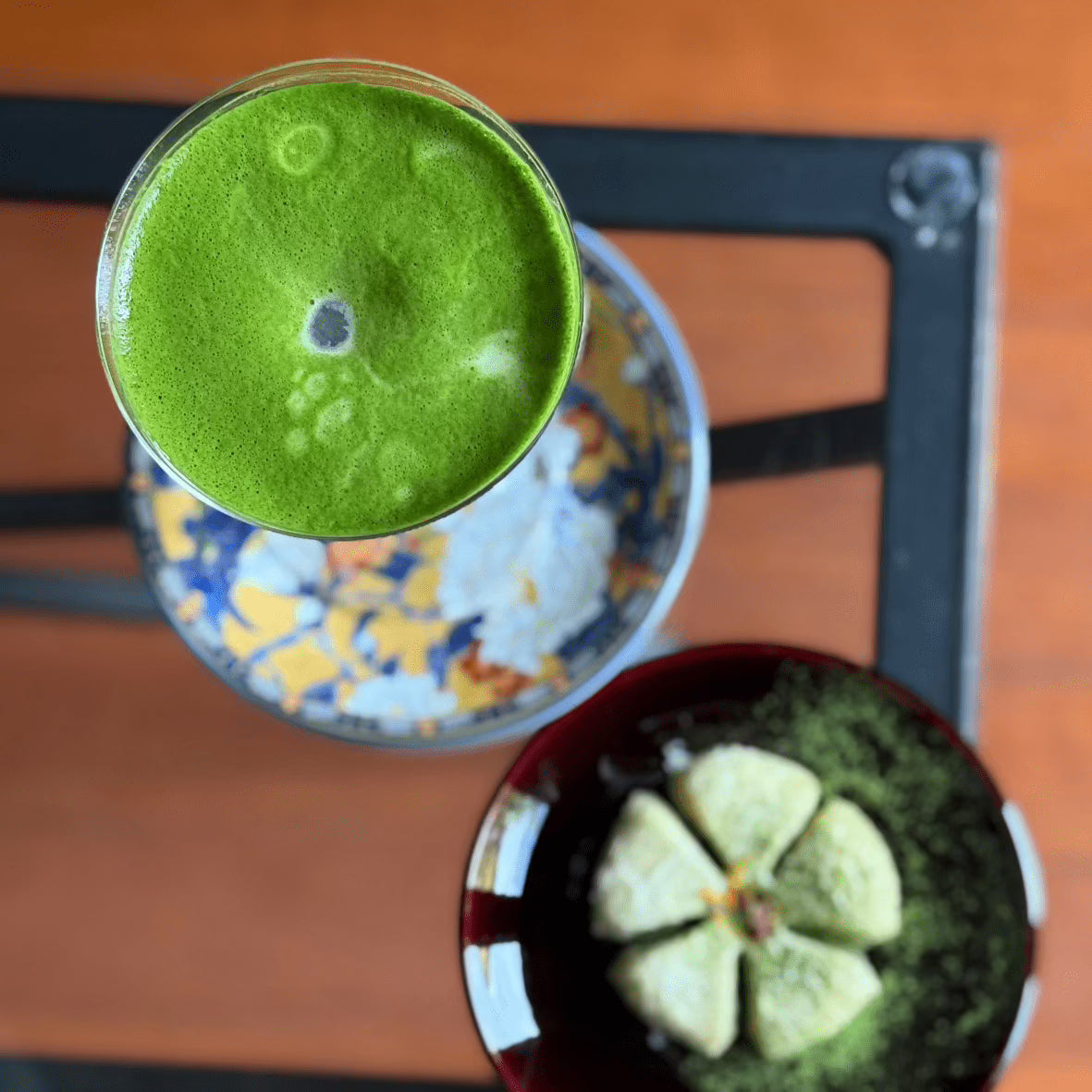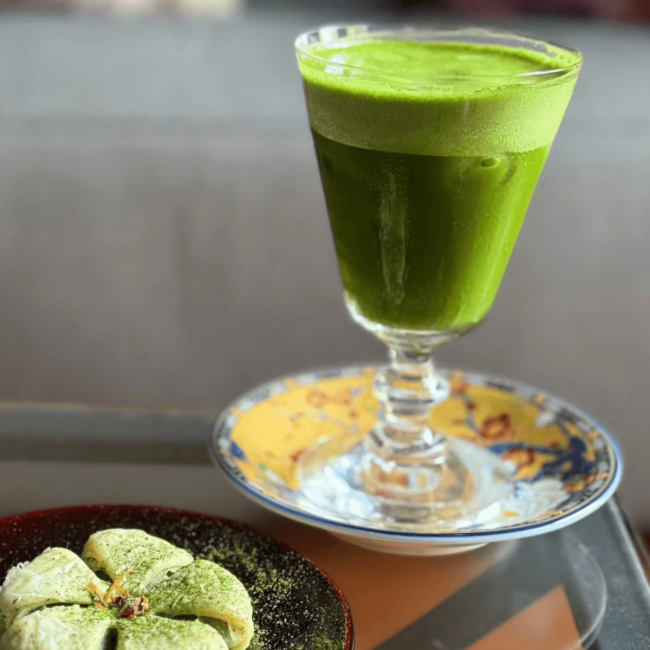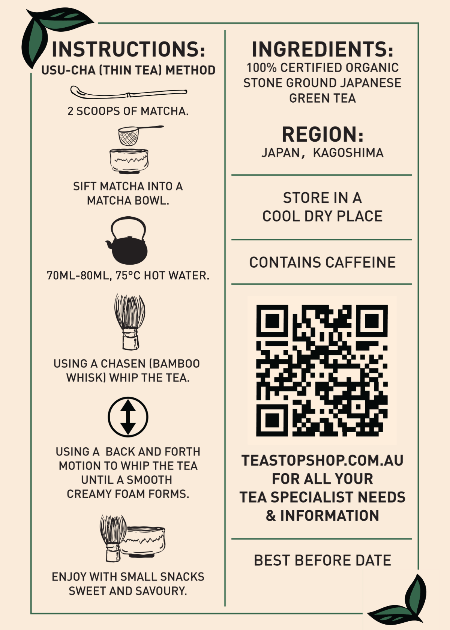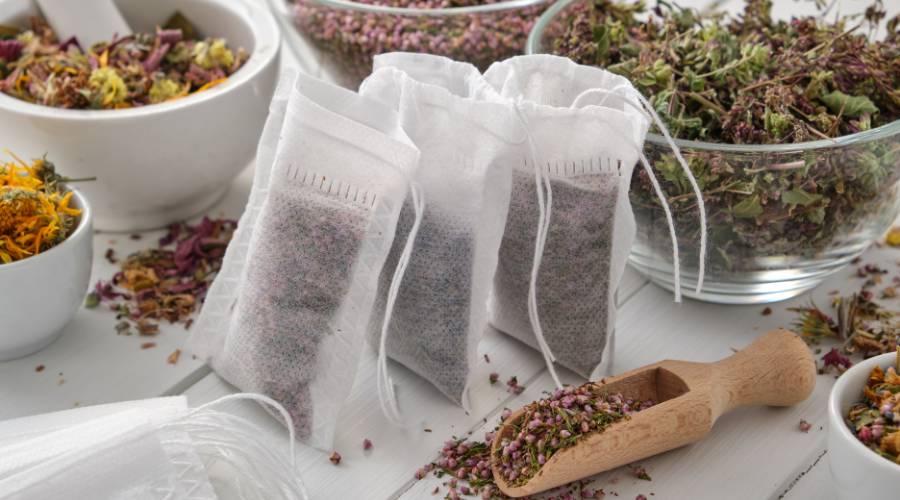
Exploring the World of Organic Tea: A Beginner's Guide
Share
Organic tea has a rich history, tracing its roots back to the ancient tea gardens of Asia. Its popularity has surged in recent years as consumers seek healthier and more sustainable options. Choosing organic products is essential for those wanting to avoid synthetic chemicals and pesticides that conventional agriculture often entails.
Organic tea is defined by its cultivation methods. It is grown without harmful pesticides or chemicals, ensuring a pure product that retains the natural essence of the tea leaves. When searching for authentic organic tea, look for certifications like USDA Organic or Australian Certified Organic, which guarantee compliance with stringent organic farming standards.
The benefits of organic tea extend beyond personal health; it's an environmentally conscious choice that supports sustainable agricultural practices. By opting for organic, you contribute to a system that values biodiversity and ecological balance, making each sip not only a pleasure but a step towards a healthier planet.

Understanding Organic Tea
To truly appreciate organic tea, it's essential to grasp its fundamental principles. Organic tea is grown without the use of synthetic pesticides or chemicals, reflecting a dedication to natural farming practices. This method guarantees that every sip you take is as pure and free from artificial additives as nature intended.
Certification Processes
The path from tea leaves to your cup is carefully overseen through strict certification processes. Two of the most widely recognised certifications are:
- USDA Organic: A rigorous standard that ensures no genetic modification or synthetic interventions occur during the tea's growth and processing.
- Australian Certified Organic (ACO): Represents Australia's stringent standards for organic produce, ensuring adherence to environmentally sustainable practices.
These certifications confirm the organic status of the tea and assure its quality and authenticity.
Differences Between Organic and Conventional Tea
The primary difference between organic and conventional tea is how they are cultivated. While conventional tea may use chemical fertilisers and pesticides to increase production, organic tea depends on natural methods such as crop rotation, composting, and biological pest control. These techniques maintain soil health and promote biodiversity, resulting in a beverage that is both eco-friendly and potentially more nutritious.
Opting for organic tea aligns with a lifestyle that prioritises sustainability and well-being, offering an experience that pleases the senses while honouring our planet.
Exploring Different Types of Organic Tea
The world of organic tea offers a wide range of flavours and aromas, with each type being unique in its way. Let's dive into the essence of the three most popular types: Organic Green Tea, Organic Black Tea, and Organic Herbal Tea.
Organic Green Tea
Green tea is loved for its fresh and delicate taste. It goes through minimal processing, which means it retains its vibrant green colour. This type of tea is known for its high levels of antioxidants, especially catechins, which are believed to have health benefits. Whether you enjoy a cup of Sencha from Japan or a classic Dragon Well from China, organic green tea provides a refreshing flavour that awakens the senses.
Organic Black Tea
Unlike green tea, black tea is fully oxidised during processing, resulting in a strong flavour and darker appearance. It is often consumed in the morning because it contains more caffeine. Popular choices for organic black teas include Earl Grey and English Breakfast, which offer bold tastes with hints of malt or citrus. By choosing organic black tea, you can ensure that your beverage is free from artificial chemicals and has an authentic taste.
Organic Herbal Tea
Herbal teas are different from traditional teas as they do not come from the tea plant (Camellia sinensis). Instead, they are made by combining various herbs, flowers, and spices. Varieties such as chamomile or peppermint are naturally caffeine-free and provide calming effects. These infusions are known for their healing properties and wide-ranging flavours. Opting for organic herbal teas guarantees that each cup is made with natural ingredients, enhancing both taste and wellness.
Each type of organic tea has its qualities that appeal to different tastes and situations. By embracing these options, you not only enhance your tea-drinking experience but also support sustainable practices that benefit both your body and the planet.
Health Benefits of Drinking Organic Tea
The health benefits of organic tea go beyond just taste and smell. Organic tea has several nutritional benefits compared to regular teas, mainly because it doesn't contain artificial chemicals or pesticides. This cleanliness guarantees that every sip is packed with natural goodness.
Rich in Antioxidants
Antioxidants are crucial for maintaining good health, and organic teas are loaded with these powerful substances. They help fight against oxidative stress, which may lower the chances of developing long-term illnesses like heart disease and cancer. By avoiding artificial chemicals, organic tea not only boosts its antioxidant content but also reduces exposure to harmful substances, making it a safer option for health-conscious individuals.
Environmentally Friendly Choice
In addition, opting for organic tea promotes more sustainable and eco-friendly farming methods. Grown in harmony with nature, these teas support healthier ecosystems and encourage biodiversity. Choosing organic tea is not just about personal well-being; it's also a step towards a healthier planet.
Choosing the Best Organic Tea for You
Selecting the ideal organic tea is an art that balances personal preferences with quality. Begin by considering your taste preferences—whether you gravitate towards the grassy notes of green tea, the robustness of black tea, or the soothing qualities of herbal infusions.
Quality Indicators
Quality indicators are pivotal in ensuring you're purchasing premium organic tea. Look for certifications such as USDA Organic or Australian Certified Organic; these labels guarantee that your tea has been grown without synthetic chemicals.
Where to Buy
Sourcing fresh, high-quality tea involves exploring reputable retailers known for their meticulous selection of leaves from renowned gardens worldwide.
Loose-Leaf vs Tea Bags
The choice between loose-leaf and tea bags can also influence your experience. Loose-leaf retains more flavour, nutrients, and aroma, providing a richer taste profile.
Proper Storage
Proper storage is essential to maintain freshness. Store your tea in an airtight container away from light, heat, and moisture to preserve its delicate flavours and aromas.
This careful selection process ensures a rewarding journey into the world of organic teas.

Sustainable Practices in Organic Tea Production
Organic tea cultivation embraces sustainable farming practices that respect the environment and promote biodiversity. By avoiding synthetic chemicals and pesticides, these methods enhance soil health, support diverse ecosystems, and encourage the presence of beneficial organisms.
Ethical Sourcing
Ethically sourced ingredients are central to organic tea production, ensuring that each leaf is harvested with care for both the land and the communities involved. This ethical approach guarantees not only a superior product but also contributes to social and environmental well-being.
Eco-Friendly Packaging
Sustainable packaging for tea plays a vital role in reducing ecological footprints. Many producers now use recyclable or biodegradable materials, minimising waste and preserving the planet for future generations.
Unique Selling Points
The unique selling points of organic tea include its freshness, quality, and variety. With fast shipping options available, tea enthusiasts can enjoy premium teas that retain their aroma and flavour without delay, enriching their wellness journey with every cup.
Brewing the Perfect Cup of Organic Tea
Making a perfect cup of organic tea is both an art and a science. Following the brewing instructions carefully can turn loose tea leaves into a delightful blend of flavours and aromas. Different types of organic tea require different methods to achieve perfection:
1. Organic Green Tea
To keep its delicate flavours intact, steep organic green tea at a temperature of 70-80°C for about 2-3 minutes. This gentle process helps retain the subtle notes and antioxidants without making the tea bitter.
2. Organic Black Tea
For organic black tea, use a slightly higher temperature and steep it at 90-100°C for 3-5 minutes. This method brings out its strong character and full-bodied taste.
3. Organic Herbal Tea
Herbal teas have various ingredients, so they benefit from a longer steeping time of around 5-7 minutes at 90-100°C. This allows the vibrant colours and distinct flavours to infuse fully.
Each brew offers a unique experience, inviting you to take a moment of mindfulness with every sip.
Where to Buy Organic Tea in Australia
If you're looking for where to buy organic tea in Australia, there are some great options available. Tea Stop Shop stands out with its commitment to premium loose-leaf tea, offering a curated selection sourced from the world's best tea gardens.
FAQ
What is the best organic tea for health?
The health benefits of organic tea vary with type. Green tea is often praised for its high antioxidant content, which supports immune function and heart health. Herbal teas, such as chamomile and peppermint, offer calming effects and digestive benefits.
Where can I buy organic tea in Australia?
Organic teas are available from specialty retailers like Tea Stop Shop, known for their premium loose-leaf selections sourced from the world's finest tea gardens. Explore online platforms or local stores to find a diverse range of options.
How is organic tea different from regular tea?
Organic tea is grown without synthetic pesticides or fertilisers, ensuring a purer taste and environmental sustainability. It often has certification from bodies such as USDA Organic or Australian Certified Organic.
Does organic tea have caffeine?
Caffeine levels vary by type. Black and green teas contain caffeine, while herbal teas are usually caffeine-free. Moderation is recommended due to potential caffeine and tannin intake.
Can organic tea help with weight loss?
Tea can complement a healthy lifestyle. Green tea, in particular, may aid metabolism due to its catechins, though individual results vary.
How do I store loose-leaf organic tea?
Store in an airtight container away from light, heat, and moisture to preserve freshness. Loose-leaf teas maintain their flavour and aroma better than bagged alternatives when stored correctly.
What is the best organic tea for health?
The best organic tea for health often depends on individual health goals. Organic green tea is praised for its high antioxidant content, which may aid in chronic disease prevention. Organic herbal teas, such as chamomile or peppermint, can provide various health benefits as well. It's essential to choose a type that aligns with your personal health needs.
Where can I buy organic tea in Australia?
You can buy organic tea in Australia from a variety of retailers, both online and locally. Recommended options include specialty tea shops, health food stores, and online platforms that focus on organic products. Always check for certifications like USDA Organic or Australian Certified Organic to ensure quality.
How is organic tea different from regular tea?
Organic tea differs from regular tea in that it is cultivated without the use of synthetic pesticides or chemicals. This means it adheres to strict farming practices that promote environmental sustainability and soil health. Additionally, organic teas are often certified by organizations like USDA Organic or Australian Certified Organic.
Does organic tea have caffeine?
Yes, some organic teas do contain caffeine, particularly organic green and black teas. However, herbal teas are typically caffeine-free. If you're looking to avoid caffeine, it's important to check the specific type of organic tea you are considering.
Can organic tea help with weight loss?
While no single food or drink can guarantee weight loss, certain types of organic teas, particularly green tea, may support weight loss efforts due to their metabolism-boosting properties and ability to enhance fat oxidation when combined with a balanced diet and exercise.
How do I store loose-leaf organic tea?
To store loose-leaf organic tea properly, keep it in an airtight container away from light, heat, and moisture. A cool, dark place is ideal for maintaining freshness and flavor. Avoid storing it in the refrigerator, as humidity can affect the quality.
